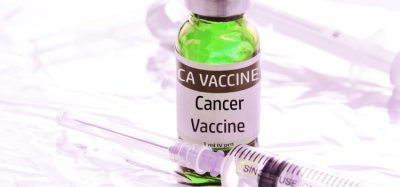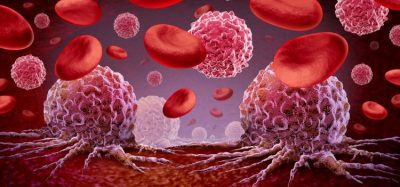Experimental immunotherapy significantly delays onset of type 1 diabetes
Posted: 4 March 2021 | Hannah Balfour (European Pharmaceutical Review) | No comments yet
If approved for use, teplizumab could be the first drug able to delay the onset or completely prevent type 1 diabetes in at-risk groups.


According to a new study, five years after patients at high risk of developing type 1 diabetes (T1D) received a two-week course of teplizumab, an experimental immunotherapy drug, half of the treated group remained disease free, compared to just 22 percent of the placebo recipients.
The new paper details the results of an extended follow up (923-day median) of an earlier study which found that only 42 of the enrolled 76 people aged eight to 43 at relatively high risk of developing T1D had been diagnosed with the disease after a median follow-up of 742 days. At the end of the extension period, 25 of 32 (78 percent) of the placebo-treated and 22 of 44 (50 percent) of the teplizumab-treated participants were diagnosed with T1D.
Teplizumab was also found to extend the median time to diagnosis (59.6 months [almost five years] versus 27.1 months). Moreover, 10 of 13 subjects followed beyond 60 months were not diagnosed with T1D, eight in the teplizumab group and two in the placebo group.
“If approved for use, this will be the first drug to delay or prevent type 1 diabetes,” said Kevan Herold, the C.N.H. Long Professor of Immunobiology and of Medicine (Endocrinology) at Yale University and co-senior author of the paper.
Teplizumab, developed by biotechnology company Provention, is an Fc receptor–nonbinding anti-CD3ε monoclonal antibody and has been awarded breakthrough status by the US Food and Drug Administration (FDA) and could be approved for general use by summer, Herold added.
Type 1 diabetes is an autoimmune disease in which a person’s immune system T cells attack insulin-producing beta cells in the Islets of Langerhans in the pancreas. As a result, patients are unable to produce insulin, the hormone that allows them to store glucose and they require lifelong insulin replacement treatments and face higher risk of death and diseases affecting the heart, kidneys, and vision. Diagnosis of the disease often occurs during childhood or adolescence.
Importantly, the authors found that individuals treated with teplizumab had reduced levels of damage caused by T cells, improved functioning of insulin-producing beta cells and therefore increased glucose tolerance. Additionally, they reported that the treatment reversed a decline in insulin secretion before enrolment. According to the study, the reduced levels of damage caused by T cells, as measured by C-peptide area under the curve (AUC), with teplizumab were were associated with increases in partially exhausted memory CD8+ T cells that showed reduced secretion of the pro-inflammatory cytokines IFNγ and TNFα.
Herold stressed that while it is not known whether some of the subjects who received teplizumab will never develop T1D, delaying the onset of the disease could have a big impact on the development of those at high risk: “Any time without diabetes is important, but particularly so for those children who might have a chance to grow up without it.”
The study was published in Science Translational Medicine.
Related topics
Antibodies, Biologics, Clinical Trials, Drug Safety, Immunotherapy
Related organisations
Provention, US Food and Drug Administration (FDA), Yale University









